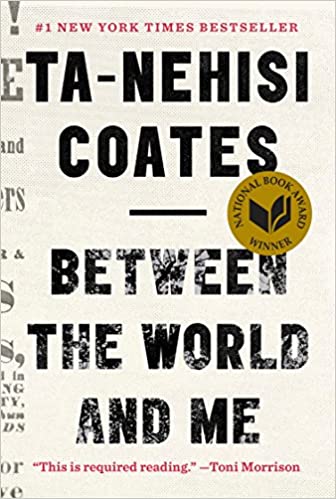The conflation of narrative with ideology triggered by an actual event can be explosive, and is not useful in leading us to greater understanding. Take for example the protests going on after the awful Minneapolis incident. People are protesting and to some extent these protests can serve a positive cause, the cause of creating awareness of the need to reform where that reform is actually necessary. However, protests engulfed by a given narrative and a certain ideology need to be analyzed in view of that narrative, not merely accepted as if they by definition they convey the full scope of a problem.

If we accept a narrative like that of The Atlantic writer Ta-Nehesi Coates, for example, the Minneapolis incident is simply archetypal of an America where whites are lethally oppressive of blacks. Whites are on a hunting spree intent on, as he says in his now famous Between the World and Me, the “shackling” and “destruction” of “black bodies….” It happens, if we follow his logic, that white vigilantism is a common experience, as some other authors also insist upon. Vigilantism becomes es a truism that often must be accepted as a fact of life without appeal to facts—only by way of narrative and ideology.
Now, how can that narrative explain the fact that white-on-black homicides are much rarer than black-on-white homicides? If 60% of whites with all that power the narrative assumes they have, living in a systematically racist society where they are the oppressors and we are the victims, are more often the homicide victims of the oppressed victims, who are 13% of the population, how is that consistent with the narrative?
Could it be that the narrative is false and our present problems need a different explanation? According to data from the National Crime Victimization, in 2018 there were 547,948 acts of violence by blacks against whites (15.3% of crimes), and whites committed 59,565 acts of violence against blacks (10.6% of crimes). Violence is violence, regardless of the ethnicity, and we should strive to reduce all violence. But how can it be that way if the narrative tells us that the victimizers are the pale ones? Isn’t it possible that the narrative informed by ideology is incorrect? Can we at least envision a different explanation?

Office of Justice Programs
Bureau of Justice Statistics
If we insist on narratives of victimization we will tear this nation apart. That is not what we need, it is unnecessary, and it will eventuate disaster. There is a better way! False theories of victimization engender contrary false theories of victimization. What if whites begin to blame the Black Lives Matter movement for influencing the behavior of people in cases such as, for example, the four individuals in Chicago who for hours tortured a disabled white man in 2017 while yelling “F*** white people” and “F*** Donald Trump”? These incidents have many layers and antecedent influences and to simply box them within narratives of racial victimology will lead us only to disaster.
It is primarily in the hands of those with a public voice to reject these false narratives.


